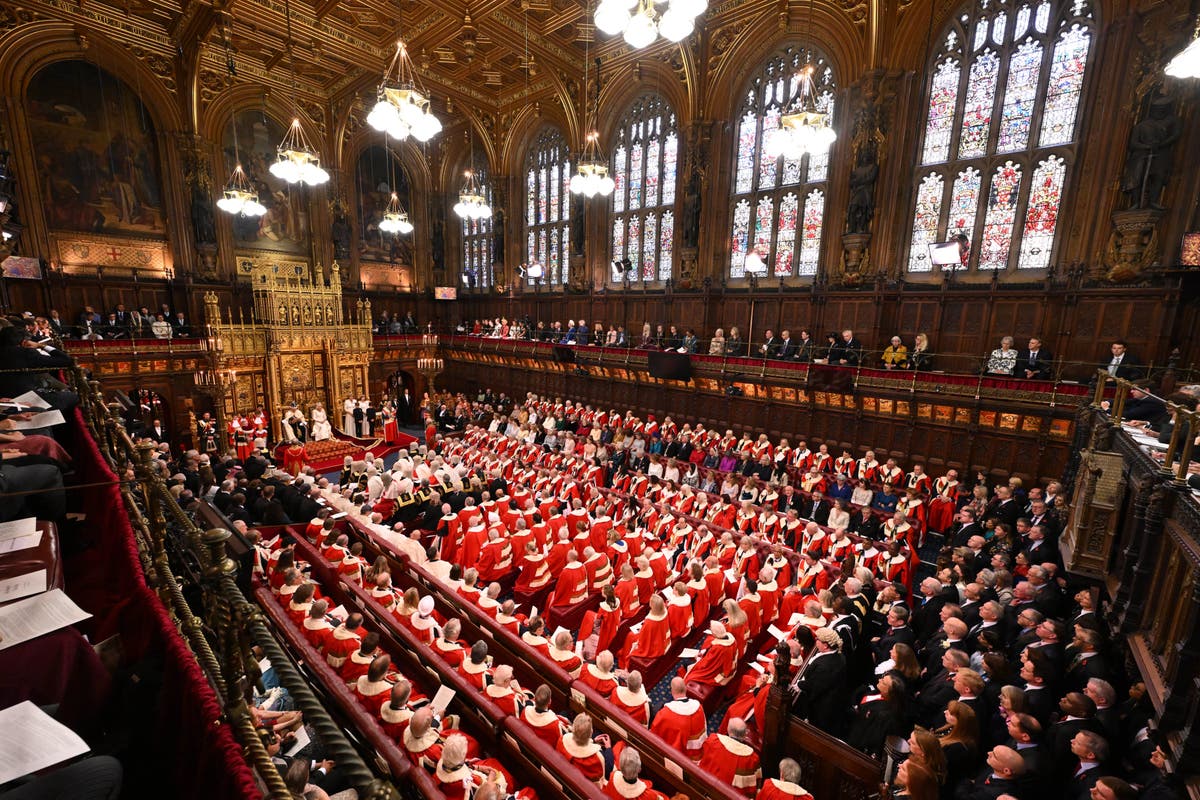Labour plans to axe all hereditary peers from the House of Lords, reports have suggested.
But the 92 hereditary lords who sit in Parliament’s upper chamber would still be allowed to retain their access to the Palace of Westminster as a sweetener, the Financial Times has reported.
This would allow them to still enjoy access to Parliament’s bars and subsidised restaurants.
Labour has previously vowed to abolish the unelected upper chamber of Parliament, with Sir Keir Starmer having branded it “undemocratic”.



And replace it with what?
A second FPTP psuedo-democracy isn’t going to help.
It’s worse than that - they rowed back on fully reforming the House of Lords, this is just binning hereditary peers, all the others get to stay. So it’s the same mess, just with slightly fewer leeches hang off it.
They have the opportunity to make a sweeping change and show people there’s a different way of doing democracy. They aren’t taking that though.
sigh
I never thought of it before but your comment just made me realise this would be a great backdoor way to get the PR ball rolling. Make the lord’s elected with a full PR system. Maybe with half the seats going up for election every 7 years or something.
I which case it should become the primary chamber. Having the second chamber be more representative of public opinion would be yet another way the commons would repress the views of the people.
No, they’re not even proposing to replace the House of Lords here. All they’re proposing is to remove the remaining 92 unelected hereditary peers (out of around 800+ total unelected peers) who survived Blair’s 1999 cull of most hereditary peers.
It doesn’t need replacing. It just needs binning.